Akbulut, B. (2017). Commons. In C. Spash, Routledge Handbook of Ecological Economics: Nature and Society (pp. pp. 395-403). Routledge.
Arias-Arévalo, P., Lazos-Chavero, E., Monroy-Sais, A., Nelson, S., Pawlowska-Mainville, A., Vatn, A., . . . Pascual, U. (2023, October). The role of power in leveraging the diverse values of nature for transformative change. Current Opinion in Environmental Sustainability, 64.
Barrett, S. (2005, September 17). Obituary: Professor David Pearce; Economist who priced the environment. The Independent.
Bateman, I. J., & Mace, G. M. (2020, October). The natural capital framework for sustainability efficient and equitable decision making. Nature Sustainability, 3, 776-783.
Bendell, J. (2023). Breaking Together: a freedom-loving response to collapse. Bristol: Good Works.
Biodiversity Credit Alliance (BCA). (2023). Demand-side Sources and Motivation for Biodiversity Credits. Issue paper.
Brand, F. (2009). Critical natural capital revisited: Ecological resilience and sustainable development. Ecological Economics, 605-612.
Case, P. (2024, February 07). Defra minister hints at SFI cap to maintain food production. Retrieved from Farmers weekly: https://www.fwi.co.uk/business/business-management/agricultural-transition/defra-minister-hints-at-elm-cap-to-maintain-food-production
Chandrasekhar, A. (2023, September 27). In-depth Q&A: What are 'biodiversity offsets'. Retrieved from CarbonBrief: https://interactive.carbonbrief.org/carbon-offsets-2023/biodiversity.html
Chandrasekhar, A. (2023, September 25). Timeline: The 60-year history of carbon offsets. Retrieved from CarbonBrief: https://interactive.carbonbrief.org/carbon-offsets-2023/timeline.html
Chang, H.-J. (2014). Economics: The User's Guide. London: Bloomsbury Publishing.
Changing Markets Foundation. (2024). The New Merchants of Doubt: The corporate playbook by big meat and dairy to destract, delay and derail climate action. The Changing Markets Foundation.
Constanza, R., Alkins, P. W., Hernandez-Blanco, M., & Kubiszewski, I. (2012). Common asset trusts to effectively steward natural capital and ecosystem services at multiple scales. Journal of Environmental Management.
Copernicus. (2024, January 9). Copernicus: 2023 is the hottest year on record, with global temperatures close to the 1.5C Limit. Retrieved from Copernics: https://climate.copernicus.eu/copernicus-2023-hottest-year-record
Costanza, R., de Groot, R., Sutton, P., van der Ploeg, S., Anderson, S., Kubisxzewski, I., . . . Turner, R. (2014). Changes in the global value of ecosystem services. Global Environmental Change, 152-158.
Cumulus . (2022). The Economics of a Transition to Agroecological Farming Businesses. Sustain.
Daly, H. E. (1973). Towards a steady-state economy. Freeman. Freeman.
Daly, H. E. (1992). The Steady-State Economy: Alternatives to Growthmania. In H. E. Daly, Steady-State Economics: Second Edition with New Essays (pp. 180-194). Earthscan.
Dasgupta, P. (2021). The Economics of Biodiversity: The Dasgupta Review. London: HM Treasury.
Department for Environment, Food & Rural Affairs. (2023). Enabling a Natural Capital Approach guidance. London.
Dept for Environment, Food & Rural Affairs. (2023, November 29). Biodiversity net gain. Retrieved from Gov.uk: https://www.gov.uk/government/collections/biodiversity-net-gain
Deutz, A., Heal, G., Niu, R., Swanson, E., Townshend, T., Li, Z., . . . Tobin-de la Puente, J. (2019). Financing Nature: Closing the global biodiversity financing gap. The Paulson Institute, The Nature Conservancy, and the Cornell Atkinson Center for Sustainability.
Donnelly, M. (2024, January 25). Juniper says BNG ‘about keeping things as they are’. Retrieved from ENDS REPORT: https://www.endsreport.com/article/1858835/juniper-says-bng-about-keeping-things-are
eftec. (2010). Valuing Environmental Impacts: Practical Guidelines for the Use of Value Transfer in Policy and Project Appraisal – Non-technical summary. London: Department for Environment, Food and Rural Affairs.
Farley, J. (2012). Ecosystem services: The economics debate. Ecosystem Services, 40-49.
Food and Agriculture Organisation of the UN. (2024, July 11). Agroecology Knowledge Hub. Retrieved from FAO: https://www.fao.org/agroecology/knowledge/10-elements/efficiency/en/
Friends of the Earth International. (2023, July 24). Factsheets: ‘nature based solutions’ and soil carbon farming. Retrieved from Friends of the Earth International: https://www.foei.org/publication/factsheets-nature-based-solutions-and-soil-carbon-farming/
Gabbatiss, J., Dunne, D., Chandrasekhar, A., Dwyer, O., Lempriere, M., Quiroz, Y., . . . Viglione, G. (2023, September 25). In-depth Q&A: Can ‘carbon offsets’ help to tackle climate change? . Retrieved from CarbonBrief: https://interactive.carbonbrief.org/carbon-offsets-2023/
Georgescu-Roegen, N. (1971). The Entropy Law and the Economic Process. Harvard University Press.
GGKP. (2024). Closing the Gap: Investing in natural capital to meet SDGs. Geneva: Green Growth Knowledge Partnership.
Global Witness. (2023, September 15). Standing Firm. Retrieved from Global Witness: https://www.globalwitness.org/en/campaigns/environmental-activists/standing-firm/
Goodwin, N. (2023). Supporting well-being over time: Six kinds of capital required in a healthy eco. Real World Economics Review, 19-26.
Green Finance Observatory. (2022, November). Nature must be protected from the "nature positive economy" – open letter to the WWF, World Economic Forum, Convention on Biological Diversity & European Commission. Retrieved from Green Finance Observatory: https://greenfinanceobservatory.org/wp-content/uploads/2022/11/openletternaturepositive-final-3.pdf
Green Finance Observatory. (2023, October 9). Problematic framing, disingenuous narrative & weak business case outside offsetting – here is our response to Verra’s Nature Framework consultation. Retrieved from Green Finance Observatory: https://greenfinanceobservatory.org/2023/10/09/privatisation-wealth-sovereignty-transfer-in-the-name-of-conservation-gfos-answer-to-verras-nature-framework-consultation/
Greenfield, P. (2023, January 18). Revealed: more than 90% of rainforest carbon offsets by biggest certifier are worthless, analysis shows. Retrieved from The Guardian: https://www.theguardian.com/environment/2023/jan/18/revealed-forest-carbon-offsets-biggest-provider-worthless-verra-aoe
Harvey, J. (2015). Contending perspectives in economics: a guide to contemporary schools of thought. Cheltenham: Edward Elgar Publishing.
Hasegowa, T., Wakatsuki, H., & Nelson, G. C. (2022). Evidence for and projection of multi-breadbasket failure caused by climate change. Current Opinion in Environmental Sustainability.
HM Treasury UK Government. (2011). Valuing infrastructure spend: supplementary guidance to the Green Book. London: HM Treasury.
Hodgson, G. (2019). Is there a future for heterodox economics? Cheltenham: Edward Elgar Publishing.
IPBES. (2022). Summary for Policymakers of the Methodological Assessment Report on the Diverse Values and Valuation of Nature of the Intergovernmental Science-Policy Platform on Biodiversity and Ecosystem Services. Bonn: IPBES secretariat.
IUCN. (n.d.). About Nature-based Solutions. Retrieved from IUCN: https://iucn.org/our-work/nature-based-solutions
Johanisova, N., & Frankova, E. (2017). Eco-social enterprises. In C. Spash, Routledge Handbook of Ecological Economics: Nature and Society (pp. 507-516). Abdington and New York: Routledge.
Kedward, K., zu Ermgassen, S., Ryan-Collins, J., & Wunder, S. (2023, September). Heavy reliance on private finance alone will not deliver conservation goals. nature ecology & evolution, 7, 1339-1342.
Killick, A. (2022). Economic Experts: the limits of technocracy. Newcastle upon Tyne: Agenda Publishing.
Leveson-Gower, H., & Mills, C. (2024). A Collaborative Approach to deliver Ecosystem Benefits. Oxford: Promoting Economic Pluralism.
Lord, S. (2023). Hidden costs of agrifood systems and recent trends from 2016 to 2023 – Background paper for The State of Food and Agriculture 2023. FAO.
Martinez-Alier, J. (1990). Ecological Economics: Energy, Environment and Society. Basil Blackwell.
Mayer, C. (2024). Capitalism and crises. Oxford: Oxford University Press.
Mazzucato, M. (2023). A collective response to our global challenges: a common good and ‘market-shaping’ approach. Working paper series. UCL Institute for Innovation and Public Purpose.
Melanidis, M., & Hagerman, S. (2022). Competing narratives of nature-based solutions: Leveraging the power of nature or dangerous distraction? Environmental Science and Policy, 273-281.
Mercure, J.-F., Sharpe, S., Vinuales, J., Ives, M., Grubb, M., Lam, A., . . . Nijsse, F. (2021). Risk-opportunity analysis for transformative policy design and appraisal. Global Environmental Change, 70.
Nature editorial. (2021, March 11). Momentum on valuing ecosystems in unstoppable. Nature, 591, 178.
Neuteleers, S. (2022). Survey Article: Trading Nature: When Are Environmental Markets (Un)desirable? The Journal of Political Philosophy, 30(1), 116-139.
Norgaard, R. (2010). Ecosystem services: From eye-opening metaphor to complexity blinder. Ecological Economics, 1219–1227.
O'Hagan, C. (1984, August). Pigovian Taxes, Polluter Subsidies, Regulation, and the Size of a Polluting Industry: A Note. The Canadian Journal of Economics / Revue canadienne d'Economique, 17(3), 588-592.
O'Neill, J. (2017). Pluralism and Incomemensurability. In C. Spash, Routledge Handbook of Ecological Economics: Nature and Society (pp. 227-236). Routledge.
Ostrom, E. (2009, December 9). Beyond markets and states: polycentric governance of complex economic systems. Retrieved from Nobel Prize: https://www.nobelprize.org/uploads/2018/06/ostrom_lecture.pdf
Pearce, D., Markandya, A., & Barbier, E. (1989). Blueprint for a Green Economy. London: Earthscan Publications Ltd.
Pigou, A. (1920). The Economics of Welfare. London: Macmillan & Co.
Ratna, & Siraj, N. (2022, October 2). ‘Final Step Of The Financialisation Of The World,’ Says Vandana Shiva On Natural Asset Companies. Retrieved from Empire Diaries: https://empirediaries.com/2022/10/02/vandana-shiva-on-natural-asset-companies/
Rauschmayer, F., & Omann, I. (2017). Needs as a Central Element of Sustainable Development. In C. Spash, Routledge Handbook of Ecological Economics: Nature and Society (pp. pp. 246-255). Routledge.
Reed, M., Curtis, T., Gosal, A., Kendall, H., Andersen, S. P., Ziv, G., . . . Rodger. (2022, January 12). Integrating ecosystem markets to co-ordinate landscape-scale public benefits from nature. PLOS ONE, 17(1).
Sagoff, M. (1981). Economic Theory and Environmental Law. Michigan Law Review, 1393-1419.
Schulken, M., Barlow, N., Cadiou, N., Chertkovskaya, E., Hollweg, N., Plank, C., . . . Wolf, V. (2022). Introduction: Strategy for the multiplicity of degrowth. In N. Barlow, L. Regen, N. Cadiou, E. Chertkovskaya, M. Hollweg, C. Plank, . . . V. Wolf, Degrowth & strategy: how to bring about social-ecological transformation (pp. 9-36). London: Mayfly.
Spash, C. (1999). The Development of Environmental Thinking in Economics. Environmental Values, 8, 413-435.
Spash, C. (2013). The shallow or the deep ecological economics movement. Ecological Economics, 93, 351-362.
Spash, C. (2024). Foundations of Social Ecological Economics: The Fight for Revolutionary Change in Economic Thought. Manchester University Press.
Spash, C. L., & Vatn, A. (2006). Transferring environmental value estimates: Issues and alternatives. Ecological Economics, 60(2), 379-388.
Spash, C., & Hache, F. (2022). The Dasgupta Review deconstructed: an exposé of biodiversity economics. Globalizations, 653-676.
Spash, C., & Ryan, C. (2023). Reorienting economics to social ecological provisioning. real-world economics review, 34-41.
Spring, J., & Jessop, S. (2022, December 13). COP15 debates whether biodiversity credits can put a value on nature. Reuters.
Stern, N. (2006). Stern review: the economics of climate change. London: UK Government.
Swinfield, T., Shrinkanth, S., Bull, J., Madhavapeddy, A., & zu Ermgassen, S. (2023, December 09). Nature-based credit markets at a crossroads. Retrieved from Cambridge Open Engage: https://www.cambridge.org/engage/coe/article-details/656ef659cf8b3c3cd7d2345f
Taskforce on Nature Markets. (2023). Making nature markets work: shaping a global nature economy in the 21st century. Nature Finance.
The Taskforce on Nature Markets with Vivid Economics by Mckinsey. (2022). Global Nature Markets Landscaping Study. The Taskforce on Nature Markets.
The UK Government. (2024, February 22). Understanding biodiversity net gain. Retrieved from Gov.uk: https://www.gov.uk/guidance/understanding-biodiversity-net-gain
UNEP. (2024, July 10). Facts about the nature crisis. Retrieved from UNEP: https://www.unep.org/facts-about-nature-crisis
Vatn, A. (2010). An institutional analysis of payments for environmental services. Ecological Economics, 1245-1252.
Victor, P. A. (2020). Cents and nonsense: A critical appraisal of the monetary valuation of nature. Ecosystem Services, 42.
von Hase, A., & Cassin, J. (2018). Theory and Practice of ‘Stacking’ and ‘Bundling’ Ecosystem Goods and Services: a Resource Paper. Washington DC: Business and Biodiversity Offsets Programme (BBOP). Forest Trends.
Woodland Carbon Code. (2022). UK Woodland Carbon Code – The Basics. Retrieved from Woodland Carbon Code: https://woodlandcarboncode.org.uk/about/the-basics
zu Ermgassen, S., Kedward, K., Allen, A., Chausson, A., Clark, M., Duffus, N., . . . Gomez-Baggethun, E. (2024). Mission-Oriented Public Policy for Nature Recovery. SocArXiv working paper.

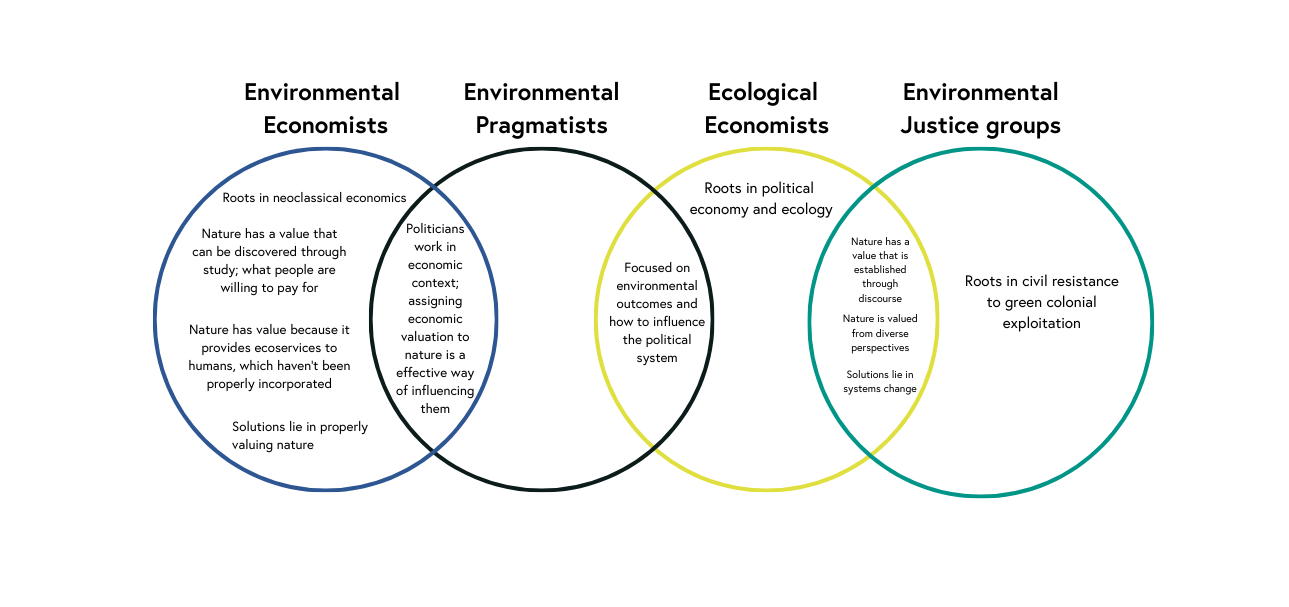
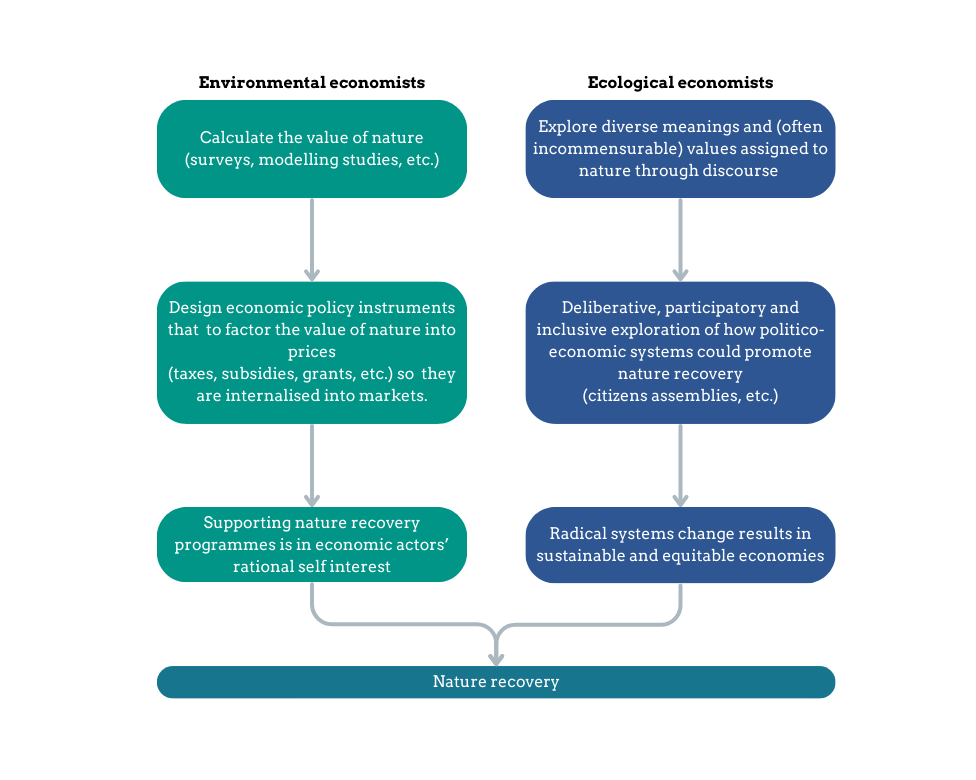
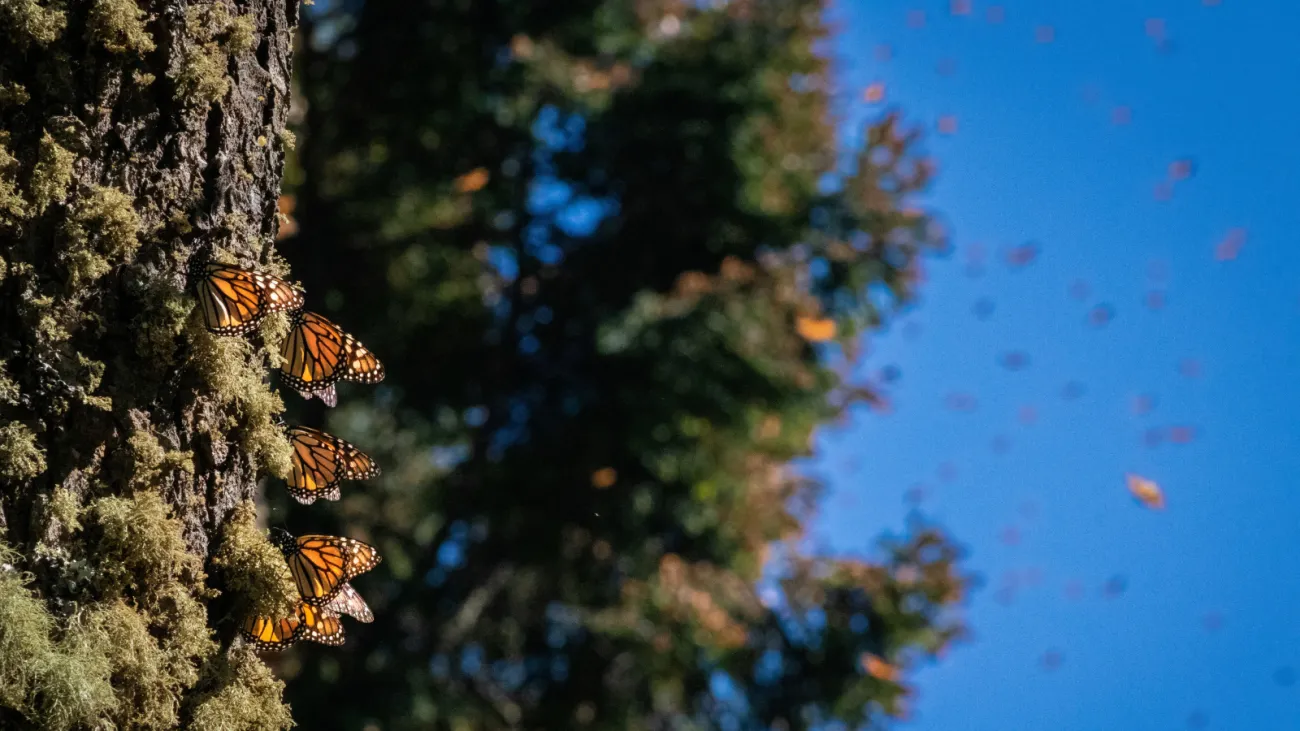
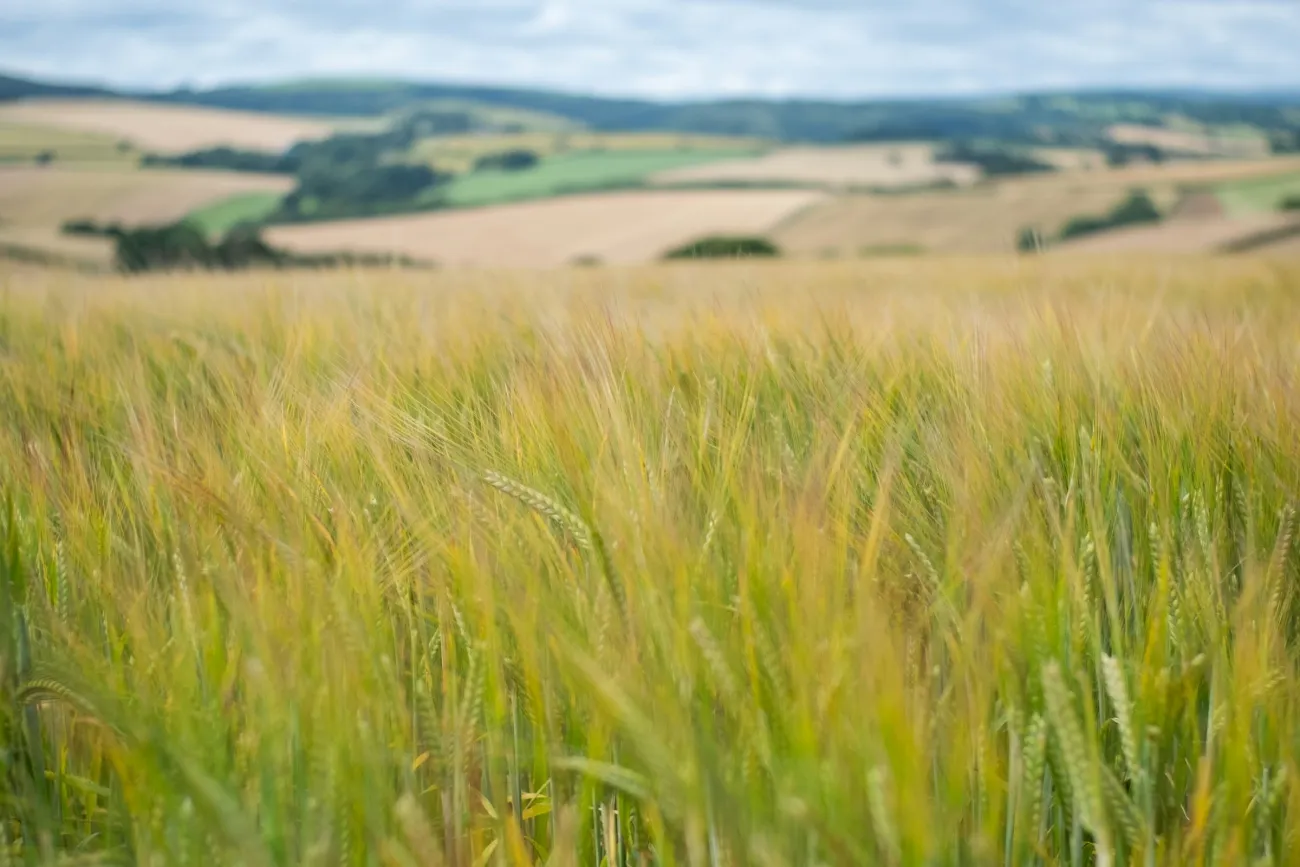
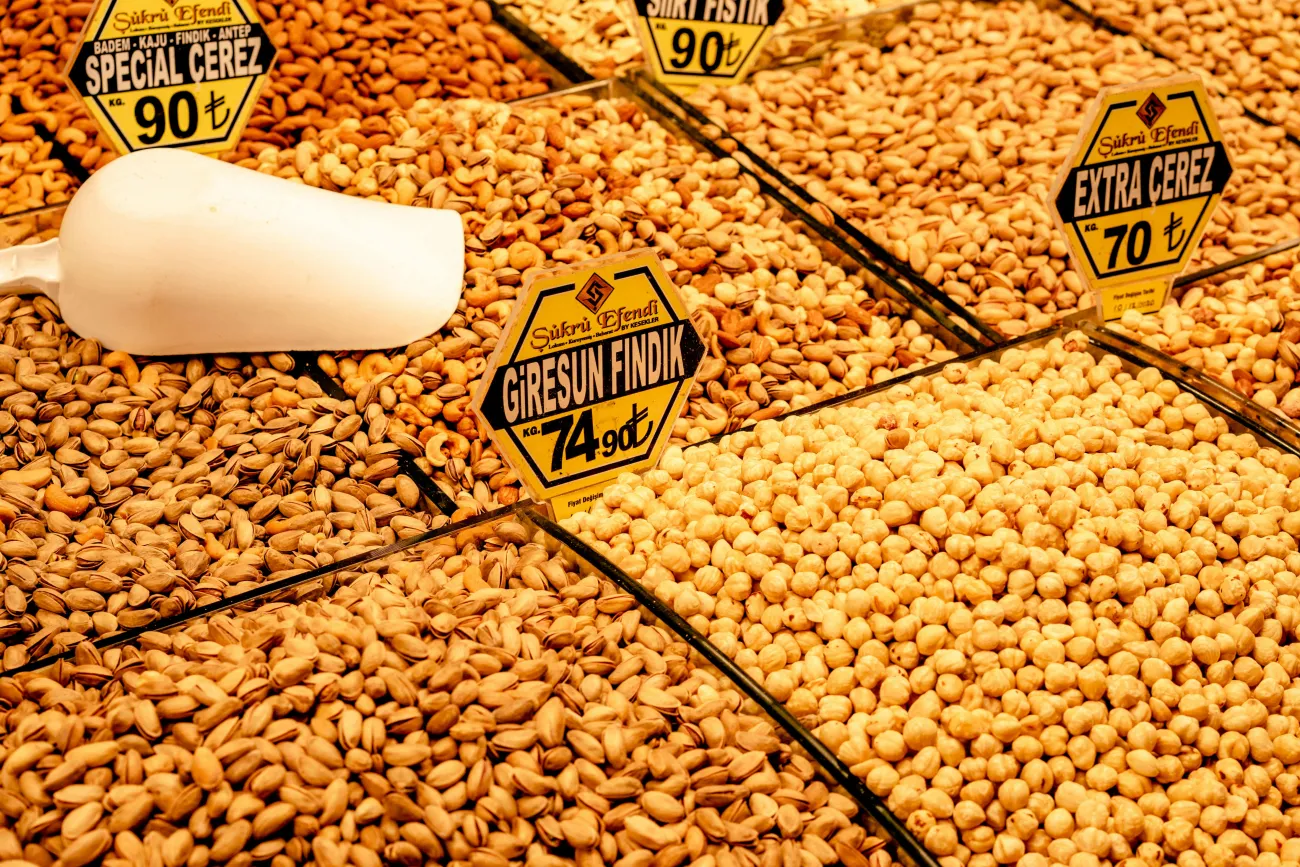
Comments (0)